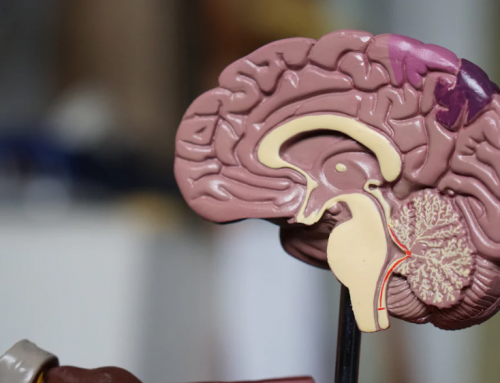The so-called “youth protein” is collagen. Collagen is a protein responsible for holding tissue together. It is abundant in tendons and skin but is also found in various parts of the body. Collagen represents 30% of the body’s protein content.
The health and beauty industry has become increasingly fascinated with supplemental collagen for its purported benefits, including younger-looking skin, fewer wrinkles, muscle growth, reduced joint pain, and more.
This article will focus on collagen, where it is found, how it works, and why we need it.
Structure
The collagen structure contains three parallel polypeptide strands (long strands of protein), which are often described as thin fibrils that form a triple helix
Function
Collagen is rigid and elastic when stretched. It provides structural support to connective tissues’ extracellular (outside the cells) space, such as in the skin, tendons, bones, and ligaments.
Uses
Some people choose to supplement with different types of collagen for specific purposes. Some research suggests that supplemental collagen can help the body produce collagen and aid in skin, hair, and joint health.
Collagen created in the body connects tissues and provides structure and elasticity to the skin. It is a component of cartilage, bones, muscles, and other tissues.
How It Works
Collagen provides structural support and elasticity to skin, tendons, cartilage, joints, and bones. It also plays a role in healing and helps tendons stretch. Collagen in the skin is what gives skin its elasticity and strength.
As we age, we begin to lose collagen. This impacts our skin’s elasticity, joint health, and bone health. Certain lifestyle factors such as sunlight, smoking, environmental pollution, alcohol use disorder, and nutrient deficiency can speed up the process.
Significance
Adequate collagen production can have a profound impact on the entire body. It’s important for structure and contributes to the mechanical, organizational, and shape of tissues.
Collagen is often referred to as the scaffold for the body or the cement that holds everything together. It plays a significant role in bone, skin, joint, vessel, and organ health. Without proper collagen production, you can develop various medical conditions, such as osteoporosis (brittle bones), weak teeth, poor muscle tone, hypermobility in joints (moving beyond the normal range of motion), abnormal bleeding, and bruising.
A Word From SR Bio
Collagen is a protein and an important structural component of various body parts. It plays a role in skin integrity, skin elasticity, and bone, joint, and tissue health. There are many different types of collagen, each with specific functions.
As we age, we lose collagen, which has sparked people’s interest in supplemental collagen. If you are wondering to use a collagen supplement, please contact us .





